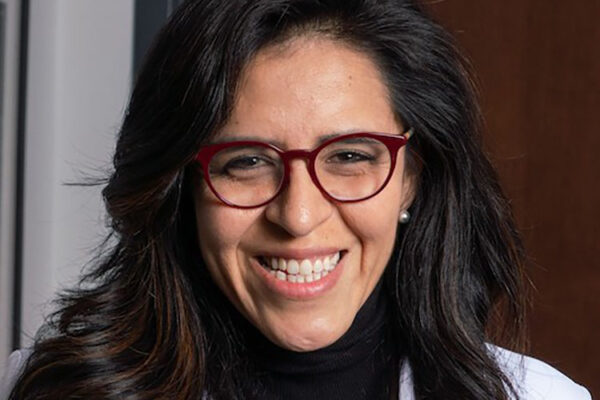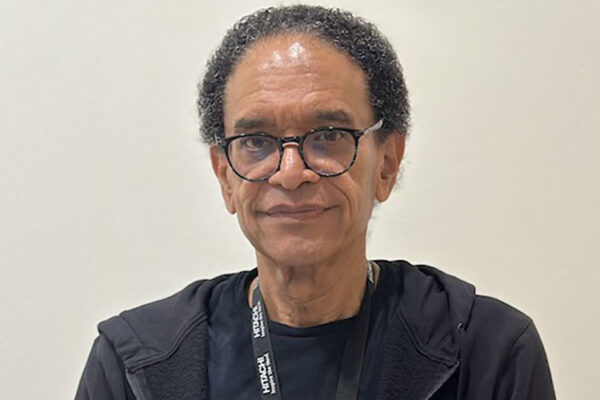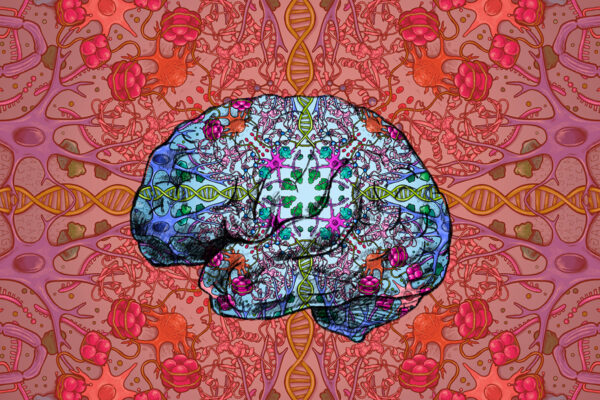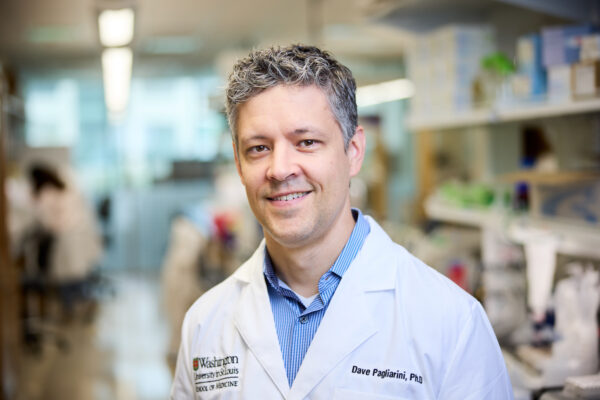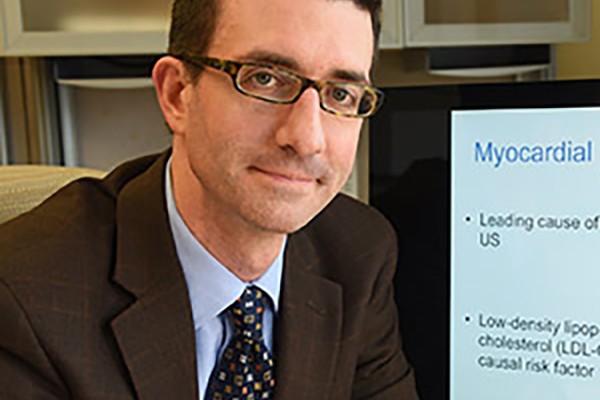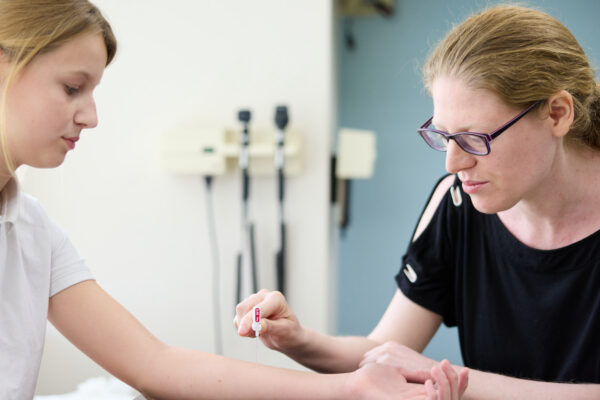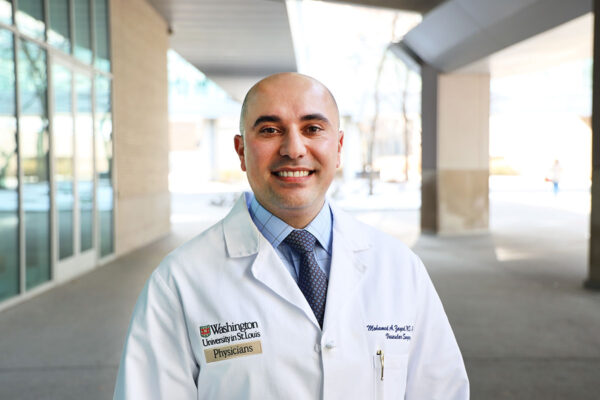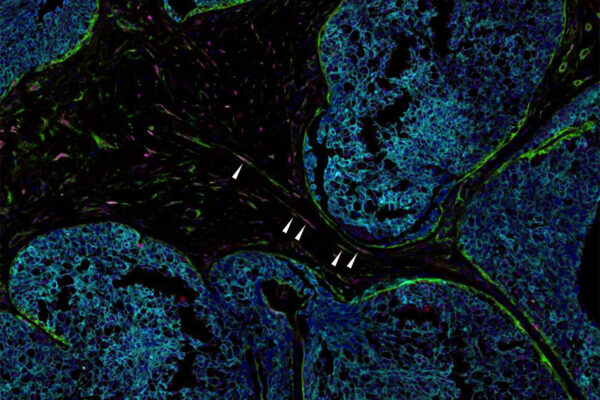Gomez-Lopez receives award to study pregnancy complications
Nardhy Gomez-Lopez, a professor of obstetrics and gynecology at Washington University School of Medicine in St. Louis, has received a four-year $500,000 award from the Burroughs Wellcome Fund to further research into the immunobiology of the maternal-fetal interface and identify biomarkers to predict preterm labor and birth.
Rosa-Molinar named director of cellular imaging center
Eduardo Rosa-Molinar has been named the new scientific director of the Washington University Center for Cellular Imaging and has joined the faculty of the Department of Cell Biology & Physiology and the Department of Neuroscience at the School of Medicine.
Study reveals how brain cancer evolves in response to treatment
School of Medicine researchers have shown how brain tumors evolve in response to therapy, helping describe how such cancers develop treatment resistance that leads to the high mortality rate characteristic of this cancer.
Pagliarini named HHMI Investigator
David Pagliarini, at Washington University School of Medicine in St. Louis, has been named a Howard Hughes Medical Institute Investigator. He will receive approximately $11 million in funding over seven years in support of research on mitochondria.
Stitziel honored by American Heart Association
Nathan O. Stitziel, MD, PhD, a professor of medicine and of genetics at Washington University School of Medicine in St. Louis, has received the American Heart Association’s Mid-Career Award in Genomic and Precision Medicine.
Can we predict who will develop migraine headaches?
Washington University School of Medicine scientist Hadas Nahman-Averbuch has received two grants totaling $6 million to investigate the risk factors for developing migraine headaches in adolescents.
Zayed to lead new Division of Surgical Sciences
Mohamed A. Zayed, MD, PhD, a vascular surgeon known for his pioneering research in vascular diseases, has been appointed director of the newly established Division of Surgical Sciences in the Department of Surgery at Washington University School of Medicine in St. Louis.
Big Idea winners announced
The winners of the Big Ideas Competition, which supports novel projects in informatics and health-care delivery, have been announced. The competition is jointly sponsored by the Institute for Informatics, Data Science and Biostatistics at Washington University School of Medicine in St. Louis and the BJC Healthcare Innovation Lab.
Eliminating senescent cells could help treat breast, pancreatic cancers
Two studies from Washington University School of Medicine in St. Louis focused on breast cancer and pancreatic cancer suggest that specific types of senescent cells — cells that have stopped dividing and drive inflammation — may play important roles in suppressing the immune system and allowing such tumors to grow unchecked.
‘Molecular putty’ properties found encoded in protein sequence for biomolecular condensates
Scientists at the McKelvey School of Engineering at Washington University in St. Louis sort the rules governing putty-like biomolecular condensates.
Older Stories
